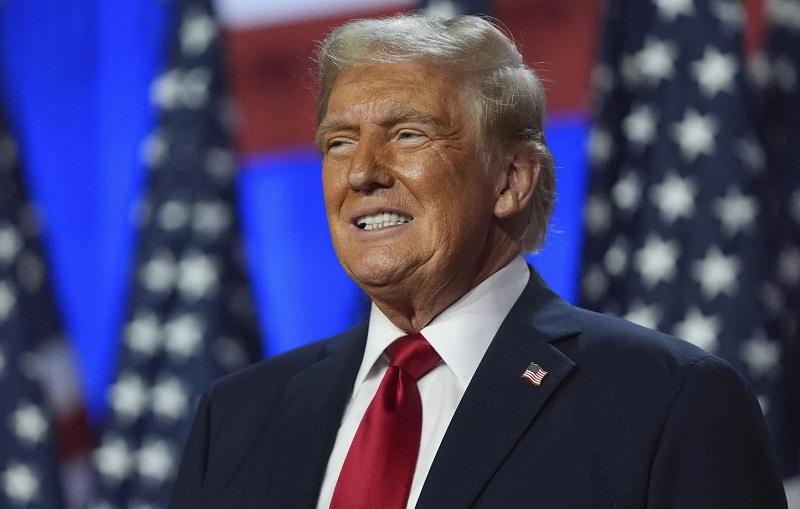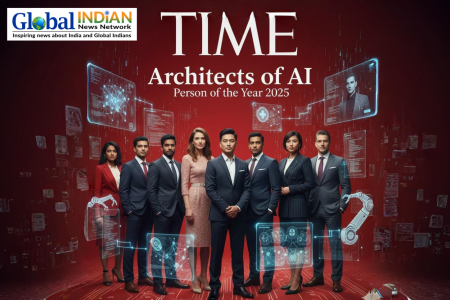
Donald Trump will be sworn in as the 47th President of the United States on Monday, January 20, marking his second non-consecutive term. Unlike the turbulent transition of 2021, this inauguration is expected to be more peaceful, with President Joe Biden attending the ceremony alongside all living former U.S. Presidents—a testament to the country’s democratic traditions.
Within the Indian American community, political affiliations are evolving. While 68% of Indian Americans traditionally identify as Democrats, recent elections showed stronger Republican support among young Indian American men, including tech professionals and recent immigrants. This demographic shift aligns with a broader trend among Asian Americans, as Democratic support within the group has declined by 5 percentage points nationally. Immigration, a key issue for the Indian diaspora, has played a pivotal role in Trump’s electoral appeal.
Trump’s administration has appointed a record number of Indian Americans to prominent positions. Notable appointees include Kash Patel as FBI Director, Vivek Ramaswamy leading a government efficiency initiative with Elon Musk, and Sriram Krishnan as Senior Policy Advisor on Artificial Intelligence. These appointments highlight a strategic move by Republicans to attract Indian Americans, despite their traditionally Democratic leanings. Vice President-elect J.D. Vance’s wife, Usha Vance, will also make history as the first South Asian American Second Lady.
Trump’s stance on immigration remains a balancing act. While campaigning on a tough anti-immigration platform, his administration recognizes the importance of skilled foreign workers for economic growth. Updates to the H-1B visa program, effective January 17, aim to streamline processes, ensure better oversight, and protect migrant workers from abuse. These changes include stricter degree requirements, employer flexibility, and updates to temporary worker programs like H-2A and H-2B.
Critics, including Senator Bernie Sanders, have questioned the program’s effectiveness in addressing workforce needs. Sanders proposed increased oversight, arguing that claims of a skilled labor shortage are overstated. Despite such debates, Secretary of Homeland Security Alejandro Mayorkas emphasized the economic benefits of these reforms, which aim to retain global talent and boost innovation.
With strengthened ties between Washington and New Delhi, the second Trump administration promises to deepen U.S.-India relations, focusing on shared goals such as countering China, combating terrorism, and enhancing economic partnerships.













